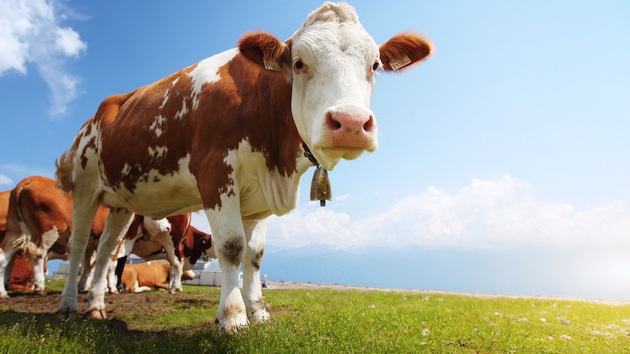Update, July 28, 4:40 p.m.: Walter Palmer released a statement Tuesday afternoon saying he “deeply regrets” killing Cecil the Lion and implied he may have been misled by local guides.
A Minnesota dentist has been identified as the big game hunter who allegedly paid $50,000 to kill Cecil the Lion, one of Zimbabwe’s most beloved animals, and a main tourist attraction for the Hwange National Park. Zimbabwean police said Walter Palmer is now being investigated for baiting the 13-year-old lion and then killing the animal with a crossbow.
“They went hunting at night with a spotlight and they spotted Cecil,” Zimbabwe Conservation Task Force’s Johnny Rodrigues said, according to The Guardian. “They tied a dead animal to their vehicle to lure Cecil out of the park and they scented an area about half a kilometer from the park.”
“He never bothered anybody. He was one of the most beautiful animals to look at,” he added.
Palmer has been accused of paying local hunters, two of whom have since been arrested, to aid the hunt. According to Zimbabwean officials, Cecil was also skinned and beheaded.
According to Minnesota’s Star Tribune, Palmer is preparing to dispute some of the allegations. “Obviously, some things are being misreported,” he said, according to the report. Palmer’s spokesman told The Guardian that “Walter believes that he might have shot that lion that has been referred to as Cecil,” but added that Palmer believed “he had the proper legal permits and he had hired several professional guides.”
News of Cecil’s killing was swiftly met with outrage on social media. Since being identified as Cecil’s alleged killer, Palmer’s dental business in Minnesota—which was closed on Tuesday—has been flooded by negative Yelp reviews condemning the allegations.
I hope justice is served to #WalterPalmer, the heartless bastard that killed #CecilTheLion http://t.co/ajHVLOUIti pic.twitter.com/LwsmRkrK0R
— Ryan Phinny (@RyanPhinny) July 28, 2015

In 2009, Palmer was profiled by the New York Times for a feature on the controversial sport of trophy hunting in which he described his ambition for setting new hunting records. He told the paper he learned to shoot at the age of five. In 2008, Palmer pled guilty to lying to federal officials about where a black bear had been killed.
“We are extremely saddened by the news of Cecil the Lion being illegally killed for sport—not only from an animal welfare perspective, but also for conservation reasons,” Jeff Flocken, North American Regional Director for the International Fund for Animal Welfare said in a statement. “African lion populations have declined sharply, dropping nearly 60 percent in the last three decades.”
















